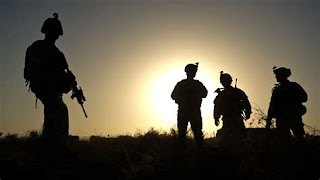Dyjuan Tatro
The Guardian
Originally posted 22 Sept 23
Here is an excerpt:
It costs New York around $70,000 a year in taxpayer money to imprison someone. It costs the BPI about $10,000 a year to educate an incarcerated student. New York’s recidivism rate is 40%, while graduates of the BPI and similar programs recidivate at only 4%, a tenfold decrease. Yet, despite its clear positive record, only 300 of New York’s 30,000 incarcerated people are enrolled at the BPI in any given semester. I was one of a lucky few.
Prisons are designed to warehouse, traumatize and exploit people, then send them back home in worse shape than when they entered the system. Despite having worked every day, the vast majority of people are released with no job experience, no references and no hope. Some would take this to mean that the system is failing. And it is with regard to public safety, rehabilitation and justice, but it’s horrifyingly successful at two things: guaranteeing jobs for some and perpetuating slavery for others.
Over the years, I learned that prison officials were not interested in giving us fruitful educational and job opportunities that allowed us to go home and stay home. The reality is much more sinister. Prisons are a job program for officers that requires us to keep coming back.
Here is my summary:
The article is a personal account of the author's experience working in prison. Tatro argues that prison labor is a form of legalized slavery, and that it is cruel and pointless. He writes that his work in prison was meaningless and dehumanizing, and that it did not teach him any skills or prepare him for life outside of prison. He also argues that prison labor undermines the living standards of workers outside of prison, as businesses that use prison labor are able to pay their workers less.
Tatro's article is a powerful indictment of the US prison system, and it raises important questions about the role of labor in the rehabilitation of prisoners.

